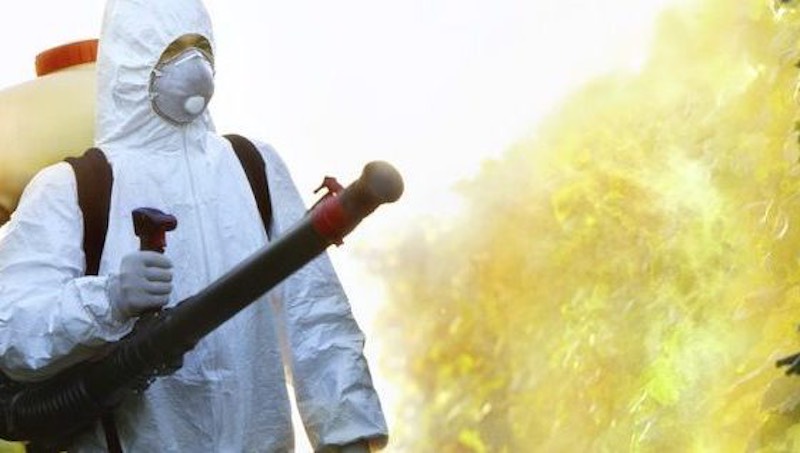Squirrels chew on anything, including electrical wire, which can lead to fire hazards. Damage to attics, walls, and other home areas can also occur as squirrels gnaw through wood and insulation.
Year after year, homeowners are shocked to discover that squirrels have made themselves home in their residences. You can recognize a squirrel infestation by looking for sure signs.
Squirrels in the Attic
If you hear scurrying sounds and find teeth marks on your attic’s electrical wires, walls, ceilings, or wood floors, it’s time to call in the expert squirrel removal – safeguard your home from squirrel intrusions. Because squirrels’ incisors never stop growing, they need to chew to keep them filed down, and that means anything they can reach is fair game, including shingles, air vent covers, chimneys, drywall, brick, and wood beams.
Other signs you need to call in a squirrel control specialist include urine stains and insulation destruction. Squirrel droppings are also a warning sign, as they contain dangerous bacteria. It’s essential to seal any entry points around your house, move bird feeders away from the roof, and trim trees that may provide access to your home. You can also install a one-way exit funnel or device allowing squirrels to get out but not return.
Squirrels in the Walls
Squirrels are notorious for nesting in walls and causing structural damage to your home, especially when they have children. If left alone, squirrels inside your wall can cause much damage and give off a horrible smell.
Scurrying, scampering, scratching, and chewing noises in your walls or attic are often signs that you have squirrels living in your home. Since squirrels are diurnal, you’ll most likely hear them in the morning and evening.
Squirrels in the Roof
A squirrel in your roof or attic is a sign of a severe problem and should be addressed immediately by a professional. Squirrels chew through shingles, eaves, and other roofing materials, often creating unsanitary conditions and fire hazards in your attic. They can also chew through electrical wiring, perhaps causing damage and a house fire.
Squirrels often find access to your roof through ridge vents, chimney caps, and wall vents. These vents often have ripped insect screening that squirrels, and rats can easily chew through.
Once you have caught and removed a squirrel from your home, it is essential to animal-proof all possible entry points and keep them sealed to prevent further problems. Installing metal flashing that squirrels can’t chew through is an effective and permanent solution.
Squirrels in the Garden
Squirrels may seem cute when scampering around the yard, but they can cause much damage. In addition to digging holes, they can destroy plants and bird feeders and create a mess in your garden.
Look for golf ball-sized or smaller holes in your planting beds, and be especially alert when examining freshly planted seedbeds. You will also notice bite marks on your vegetables and half-eaten or completely missing fruits like tomatoes.
You can keep squirrels out of your garden by putting up a bird feeder and adding allium flowers like daffodils, snowdrops, hyacinths, and marigolds, which naturally repel squirrels. You can install motion-sensor sprinklers to startle them when they approach your plants. Finally, use wire barriers to block access to your planting beds.
Squirrels in the Yard
Squirrels can cause severe damage to yards and gardens. Look for small divots and chewed bark on trees and garden plants.
Keep in mind that babies are a significant sign of a squirrel infestation. They’ll require special care from an animal removal specialist who will evict the mother and hand-remove her babies from your home. This will require more time and money, but it’s crucial to protect the health of the young squirrels.








